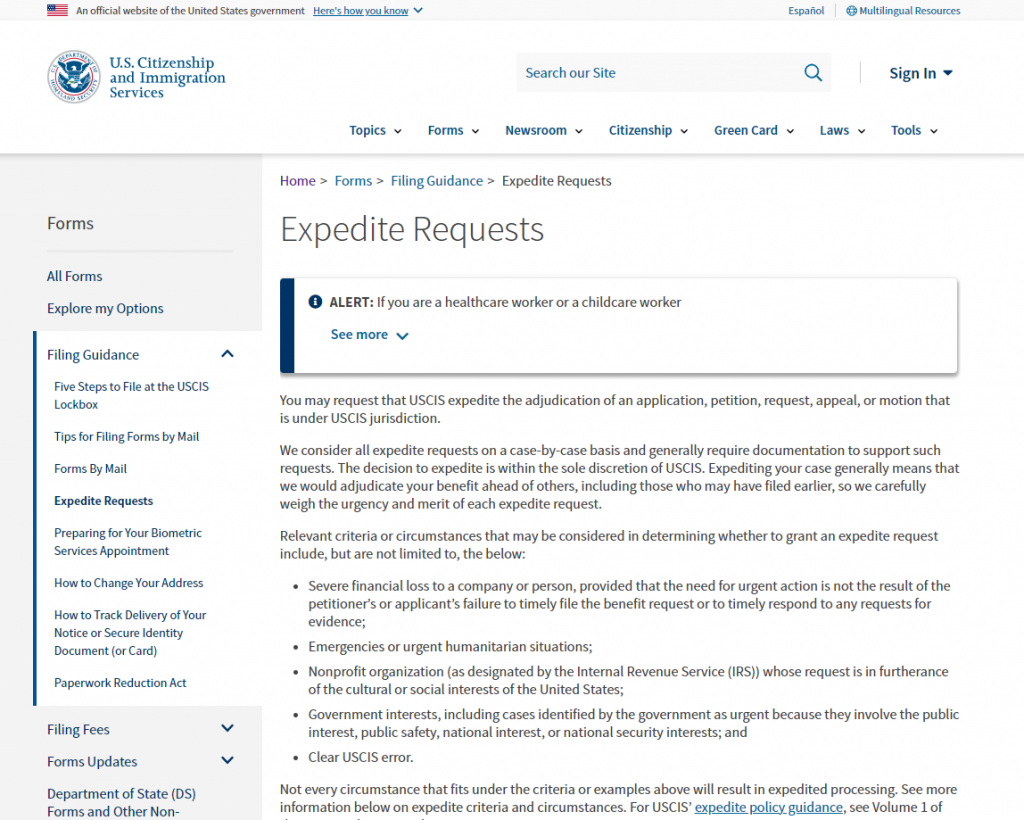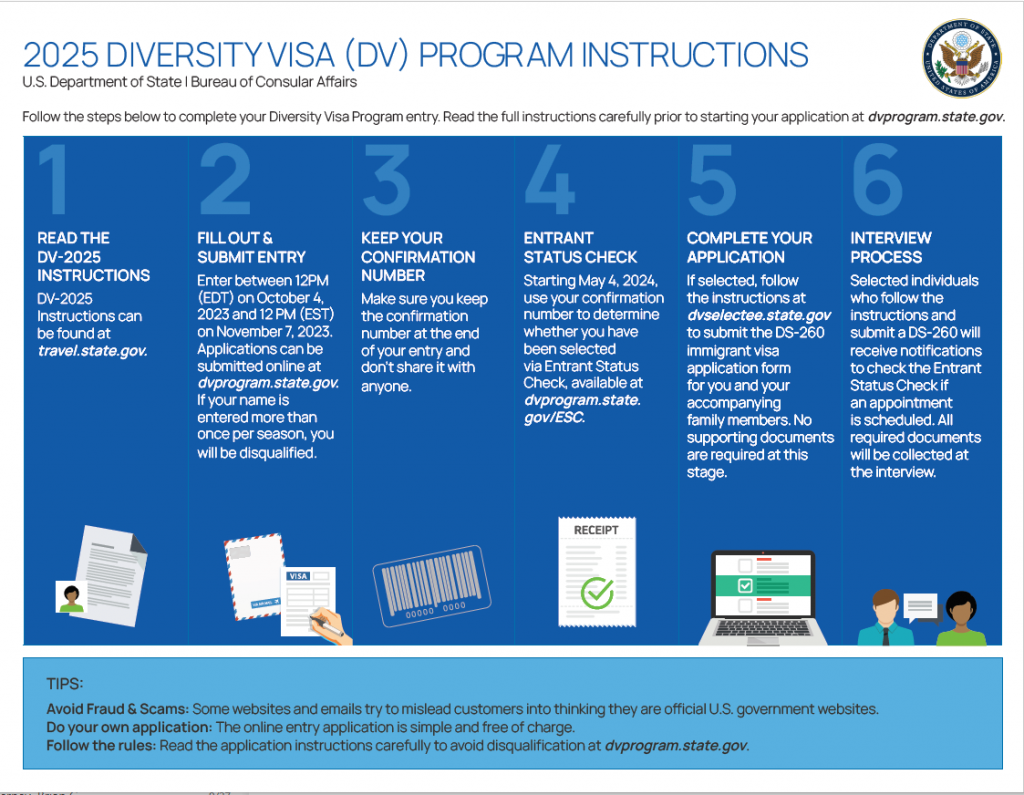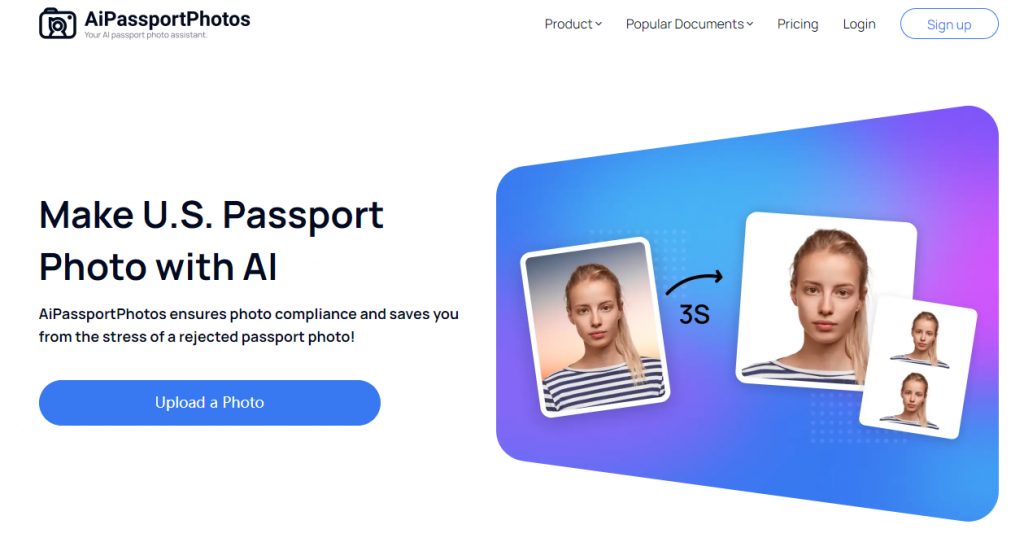The Green Card, officially known as a Permanent Resident Card, paves ways to immigrate to the United States. The cardholders can live permanently and obtain US citizenship afterward. Immigrants will go through a long journey to obtain permanent residency. In this blog post, we are going to introduce what is a 90-day rule and how to expedite green card applications.
What Is the USCIS 90-day Rule?
The 90-day Rule is a guideline used by the U.S. Citizenship and Immigration Services (USCIS) to determine whether individuals who apply for a green card from within the US misrepresented their original intentions of visiting the U.S.
The US government issues temporary visas, also known as non-immigration visas, to foreigners who visit the US for short-term purposes, such as tourism, friend/family visits, business, study, etc.

These visa holders must leave the country afterward. There are times when they genuinely came to the country without the intention of immigration and changed their mind to stay for some reason, which is permitted. However, if they get married, apply for permanent residency, or conduct certain unauthorized activities within 90 days after arriving in the US, they will automatically be presumed to conceal their intentions of immigration while applying for a visa or entering the US. If you violate the 90-day rule, your current visa will be withdrawn, and you might be rejected to obtain a green card, or even forbidden to obtain U.S. visas in the future.
Proven Ways to Get a Green Card Faster than 90 Days
The regular processing time for green card applications takes 90 days or longer due to application category, USCIS workload, completeness and accuracy of your documents, and so on. Your applications might be expedited to within 90 days in the following situations.

Emergency Cases
You have to prove that you are in urgent need to obtain permanent residency to stay in the US for life security or humanistic care. Applicants should file an expedited request on USCIS portal. Here are some examples.

- Death/disability in the Family
You might be eligible when you or your family members are in sore need to stay and continue to receive medical treatment or have an extreme living condition, otherwise, you will be very likely to be severely harmed, or even die.
- Persecution in Home Country
USCIS might approve expedited applications from those who are looking for political asylum due to political persecution, breach of confidence, and so forth. You have to prove that there might be a threat to your safety or life if you are forced to leave the US and go back to your home country.
- Severe Financial Loss
You or your company will be confronted with a substantial loss because you are holding an important position in your company or your employer cannot find an immigrant employee. In this case, you have to demonstrate your position to request expedited services.
Petitions Based on Employment
USCIS occasionally provides expedited services for foreign employees with extraordinary ability, such as H-1B visa holders. The processing time can be shortened to 15 calendar days with an extra fee. Applicants must submit proof of compliance with requirements for certain visa categories, such as educational qualifications, work experience, technical skills, etc.

Adjustment of Status Within the US
Individuals who have already been in the country might be qualified to change their status from a nonimmigrant visa to a permanent residence through family, employment, investment, diversity visa program, etc. Form I-485 is required. If you have someone else sponsor you, he/she should also file a petition.

Consular Processing
Processing time varies from country to country. Some individuals might get a faster route when there is a small number of applications, more relaxed requirements, etc. Applicants should file an application and have an interview at the local US embassy/consulate.
Military Service
If your application has a positive impact on the interest of the US or public safety, USCIS might accelerate your application. For example, to express gratitude to individuals who serve in the U.S. military, their green card applications as well as those from their dependents may be reviewed and approved more quickly. Government entity, such as the Department of Defense or Department of Homeland Security (DHS), might file the expedited request on behalf of you.
Comparison of Proven Ways to Expedite Applications
| Proven Ways | Eligible persons | Paper Filing Fees | Processing time |
| Emergency cases | serious patients, persecutors in home country, key employees of a company | $0-$1,440 | 45 days |
| Employment-based Petitions | H-1B visa holders | $0 | 15 days |
| Adjustment of Status | Foreigner physically in the US | $0 | 15 days |
| Consular Processing | Foreigner physically out of the US | $0-$1,440 | Within 90 days |
| Military Service | military service member | $0 | Within 90 days |
Common Reasons for Expedited Green Card Rejection
Positive expedited decisions indicate that an application will be given priority to be reviewed. Applicants can learn about whether they are approved or rejected earlier than normal processing time. USCIS receives a large number of requests every day. However, not all of them are qualified for acceleration. Your request might be rejected for the following reasons.
- Inaccurate Information or Insufficient Documentation
The authority will not approve your request to expedite your application provided that you don’t provide sufficient documents or information, such as errors in the application form, lack of evidence about identity or qualifications, unqualified ID photos, etc. If you are rejected due to personal photos, we suggest you use a professional passport photo maker, such as AiPassportPhotos, to check photo compliance.

- Misinterpretation of Emergency
Applicants in urgent need of a green card may be qualified for expedited cases. Please bear in mind that cases concerning national security will be valued over personal urgency. When the authority thinks
What to Do If My Expedite Request Is Rejected
Although it is frustrating to be rejected, the good news is that you can fix the mistakes and file the request again. Depending on the reasons for rejection, here are some tips to solve the problem.
- Double-check everything you provide and make sure it is authentic and accurate.
- Submit qualified personal photographs. If you are not sure about photo compliance, ask for help from a passport photo tool, such as AiPassportPhotos.
- Respond to the USCIS timely when it requires extra information and documents.
- Never overstate your personal emergency or cheat the officer.
Basic Process of Getting a Green Card
Learning about the procedures of green card application will help you understand why it takes several months or even years. The steps will vary according to specific categories and programs. Most of them include the stages below.
- Check Eligibility
A variety of green card eligibility categories are available, including application through family, employment, special immigrant, refugee or asylee status, human trafficking, and crime victims, victims of abuse, or other categories. It is necessary to check it out on the USCIS website before applying.
- File Petitions & Applications
Applicants physically inside the US should request an adjustment of status while those currently outside the US should go through a consular processing. Both of them involve two requests: one for sponsoring or petitioning for (if any) and another one for green card application. During this process, a number of supporting documents are required. Make sure to provide complete and accurate proofs according to the official guidelines.
- Submit Biometrics
It is an essential step for all applicants. After your green card application is reviewed and approved, you will be directed to make an appointment to have your fingerprints, photograph, and digital signature captured. The biometric information will be used to conduct security checks and background checks.
- Have a Visa Interview
Some applicants might be required to have a face-to-face talk at a US embassy/consulate or a USCIS office. The officer will review your supporting documents and ask you some questions about your background information, reasons for immigration, relation to the US, etc. to determine whether you are eligible to receive the green card.
- Receive a Decision
The USCIS will inform you of the result. If approved, you will be issued a green card. If not, you might learn about the reasons for rejection and possibly, further actions.
FAQ
✅ What is the fastest time to get a green card?
About 10 months when applying through marriage.
✅ Which state is easiest to get a green card?
States with efficiently managed USCIS field offices, smaller immigrant populations, and lower application volumes are more friendly to immigrants, such as Wyoming, Montana, etc.
✅ Who is most likely to get a green card?
Applicants who are very likely to contribute to the United States are easier to get a permanent residence card.
✅ Which is the fastest visa for green card?
Individuals with close ties to US citizens or permanent residents might get a green card more easily.
Summary
The United States welcomes foreign immigrants from around the world, but not including those who misrepresented their original intent and apply for permanent residency. Violating the 90-day rule will disqualify your eligibility to immigrate to the US. To obtain a green card more quickly, you can file an application based on the proven ways to expedite services.